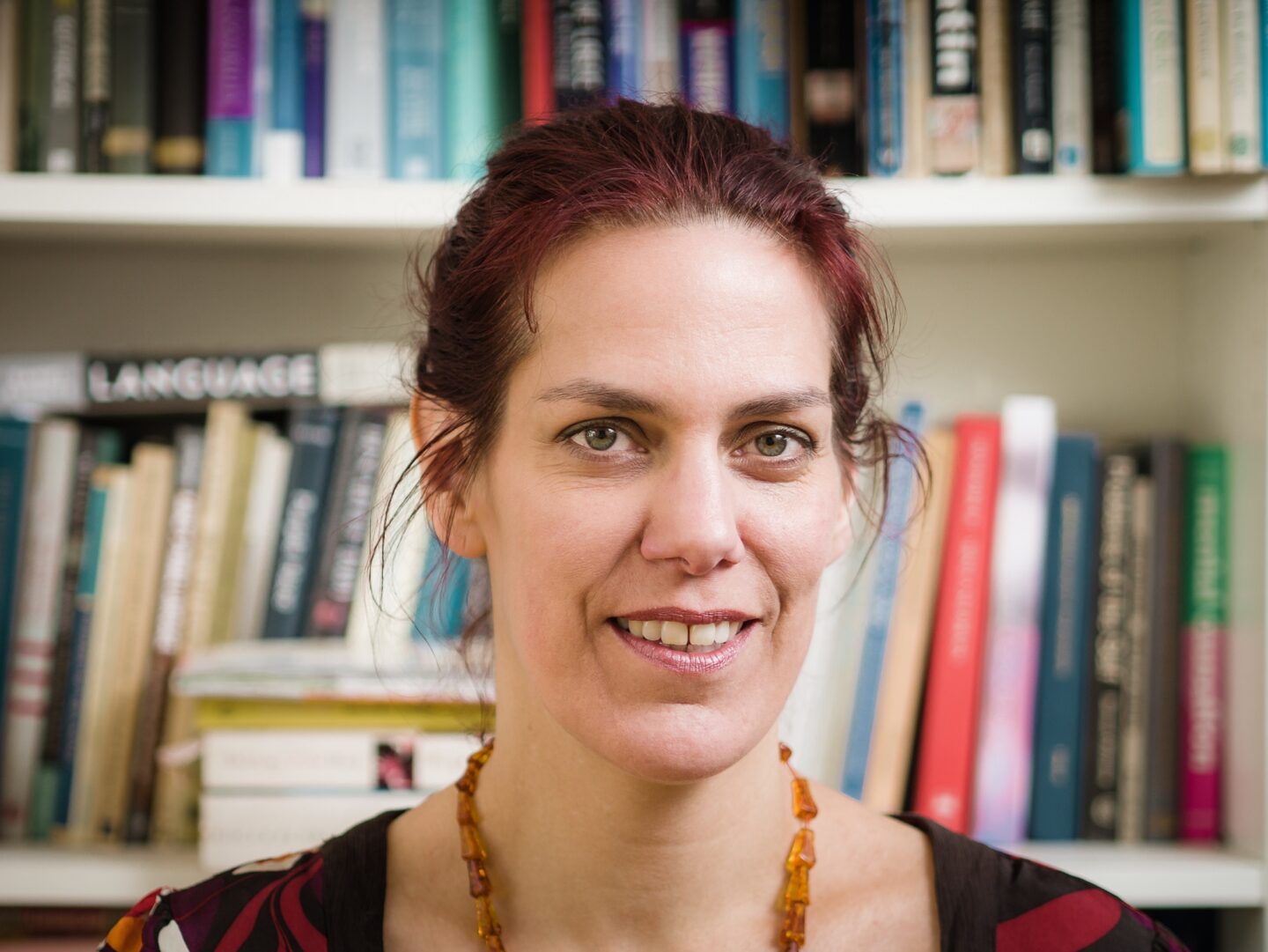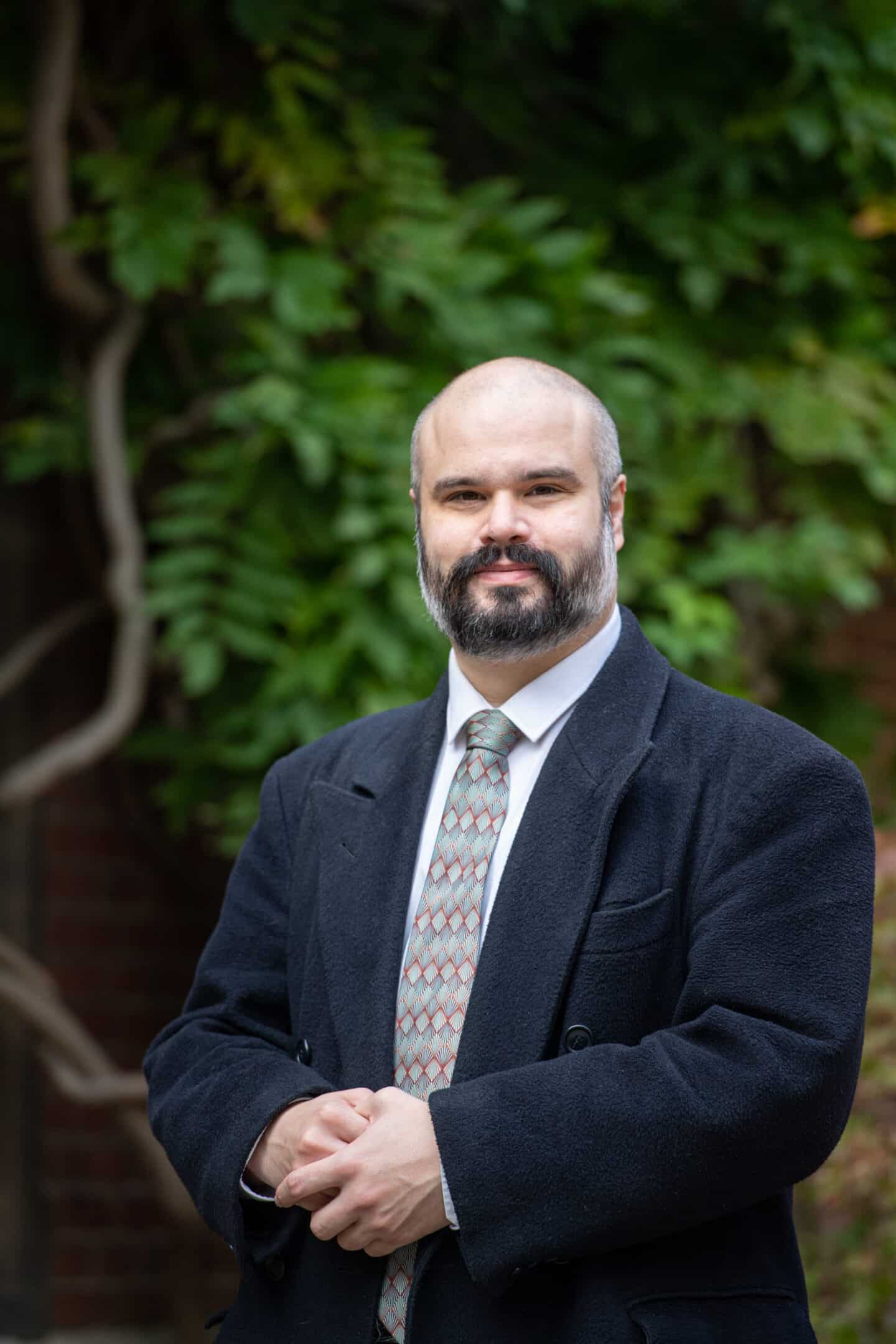
Undergraduate Courses
Philosophy and Modern Languages
Studying philosophy with a modern language introduces you to some of the most important approaches to understanding language, literature and ideas.
The study of philosophy develops analytical rigour and the ability to criticise and reason logically. It allows you to apply these skills to questions ranging from how we acquire knowledge and form moral judgements to the nature of language, art and literature. Since many works of literature are shaped by the dominant philosophical ideas of their epoch, study of philosophy can illuminate that intellectual background.
The study of a modern European language develops analytical and critical abilities as well as highly competent linguistic skills. Studying the literature written in that language contributes to an understanding of many aspects of European culture, enabling students to develop attention to stylistic and terminological detail and rhetorical strategies, and sensitivity to cultural and historical context, all of which are of great value to the study of philosophy. Studying these two disciplines in parallel has numerous advantages and affords students greater insights into each.
Learn more about Philosophy and Modern Languages at Oxford
The course at St Peter's
This degree takes four years to complete, since you will spend your third year abroad: see the main Modern Languages page for details.
Further information about admissions and Philosophy at St Peter’s is available on the main Philosophy page. We aim to admit one or two students for this course every year.









